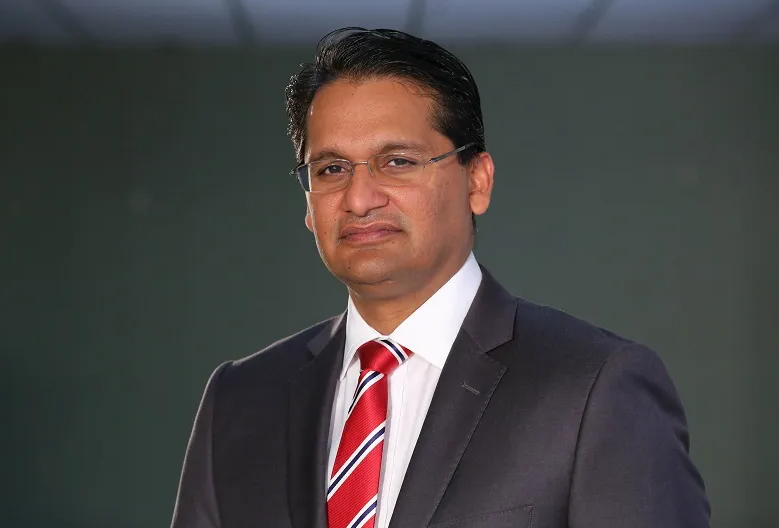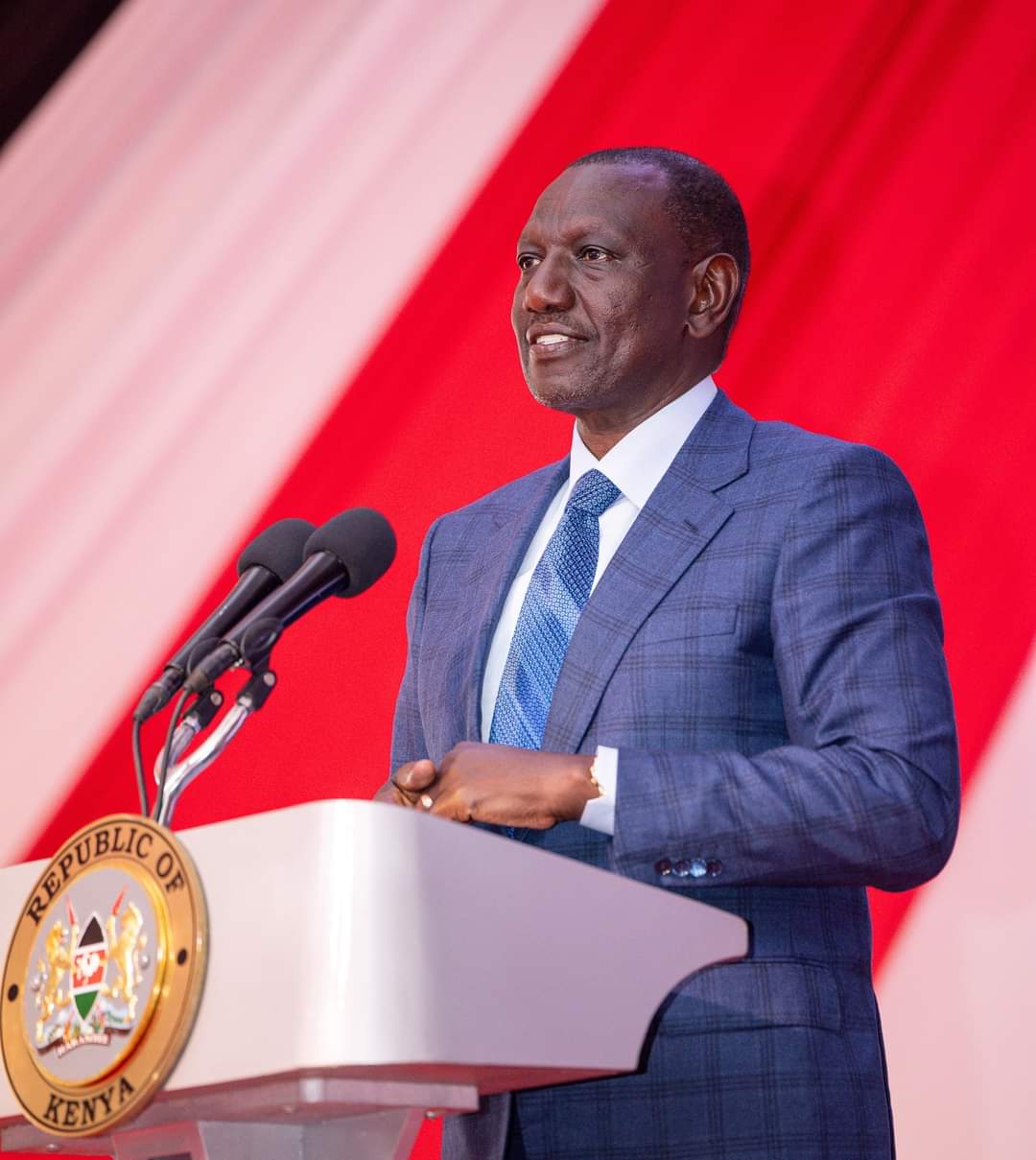Adil Arshed Khawaja, a wealthy lawyer and Safaricom board chairperson, is not just a prominent figure in Kenya’s legal and business circles but also deeply entrenched in President William Ruto’s inner circle.
His law firm, Dentons Hamilton Harrison & Mathews (HHM), where Ruto’s son Nick Ruto is reportedly working, has provided Khawaja with a bridge into powerful political and business networks.
His close ties to Ruto, solidified by his substantial financial backing during the 2022 presidential campaign, have made Khawaja one of the most influential behind-the-scenes figures in the country.

Lawyer Adil Arshed Khawaja. Photo: Safaricom Source: Facebook
Critics point out that Khawaja’s appointment as Safaricom chair shortly after Ruto’s victory is seen as a political reward rather than a business merit.
Since assuming the position, Safaricom has been drawn into the controversial Social Health Authority (SHA) project, which aims to overhaul Kenya’s health coverage system.
Many view this as part of a wider political agenda, with Khawaja using his influence at Safaricom to align the telecom giant with the government’s broader strategies.
The SHA deal itself has raised eyebrows, with allegations of opacity and mismanagement.
Moreover, Khawaja’s influence stretches beyond Safaricom and into various key sectors of the Kenyan economy.

Indian-based businessman Jayesh Saini during a past media presser. Source: The Star/Facebook
His involvement with the Indian conglomerate Adani Group’s Ksh.258 billion project to upgrade Jomo Kenyatta International Airport (JKIA) under a Public-Private Partnership (PPP) is one prominent example.
Despite public outcry and a petition filed by the Kenya Human Rights Commission (KHRC), which questions the transparency of the deal, Khawaja has defended Adani’s presence in Kenya, stating that the group is already established in East Africa, managing the Port of Tanzania.
However, there is growing concern over a broader trend: Khawaja’s role in what many believe is a local Indian syndicate that is quietly taking control of key sectors in Kenya.
This syndicate, which includes figures like Jayesh Saini (linked to the healthcare sector through his involvement with major hospitals like Kenyatta National Hospital (KNH)) is accused of aggressively expanding its grip on everything from transport to healthcare.

President William Ruto speaking during a State House meeting. Photo: William Ruto Source: Facebook
Khawaja’s dual position in both Safaricom and his law firm has put him at the forefront of this alleged economic takeover.
His influence, coupled with his close relationship with President Ruto and his role in managing Adani’s controversial investments, has made Khawaja a focal point of criticism.
While his defenders claim he is a savvy businessman, detractors argue that his rapid ascent to power is part of a larger political scheme that threatens Kenya’s sovereignty in key sectors of the economy.
The lines between business and politics blur even further as Khawaja continues to wield enormous power behind closed doors.



